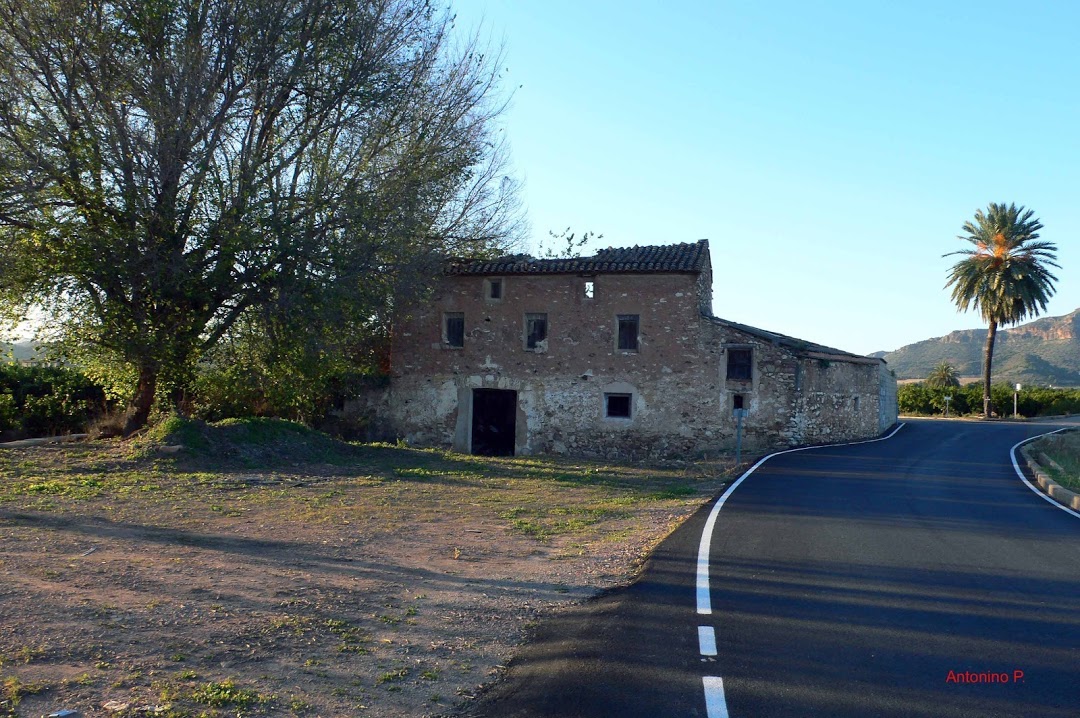
The Molí de l'Àrab is one of the most representative elements of the hydraulic heritage of Benavites, linked to the agricultural and cultural history of the municipality. This ancient mill, probably of Arab origin, reflects the importance of water in the daily and economic life of the region for centuries.
The mill was built during the Muslim period, when agriculture and hydraulic systems were essential for the development of settlements like Benavites. Its design takes advantage of the waters of the Palancia River and the surrounding irrigation canals, using the power of water to grind cereals and other agricultural products.
After the Christian conquest, the mill continued in use, adapting to the needs of the new settlers and remaining in operation for centuries. It was a key element in the local economy, supplying the inhabitants with flour and other essential products.
The Molí de l'Àrab is not only a testament to the technical ingenuity of past civilizations, but also a symbol of the connection between nature and human activity in Benavites. Although its original function has ceased, it remains an emblematic place that preserves the historical memory of the municipality.
The mill is an interesting site for history and architecture enthusiasts. Its conservation is an ongoing effort to preserve Benavites' hydraulic heritage and ensure that future generations understand the importance of such infrastructures in rural Valencian life.